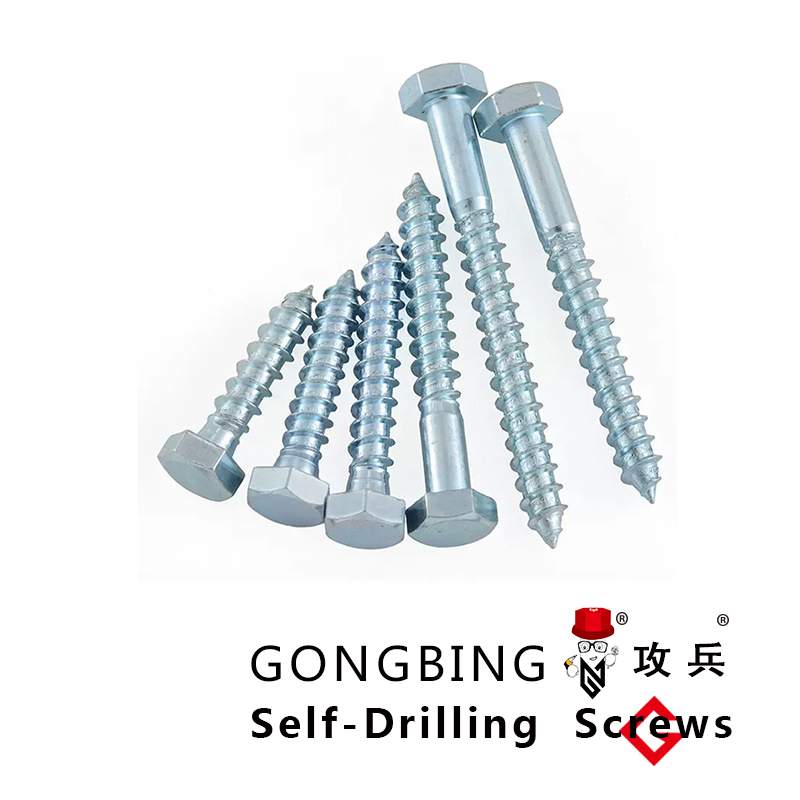foundation bolt price
Understanding Foundation Bolt Prices Key Factors Influencing Costs
When it comes to construction and manufacturing, foundation bolts play a crucial role in providing stability and support. These specialized fasteners anchor structures to the ground, ensuring safety and longevity. Whether you are a contractor, an engineer, or a DIY enthusiast, understanding the pricing of foundation bolts is essential for budgeting your projects effectively. In this article, we will explore the various factors that influence foundation bolt prices and how to make informed purchasing decisions.
Material Composition
One of the primary factors that impact the price of foundation bolts is the material from which they are manufactured. Common materials include carbon steel, stainless steel, and alloy steel. Carbon steel bolts are often the most economical choice, making them popular in various construction applications. However, they may require protective coatings to prevent rust and corrosion, which can add to the overall cost.
Stainless steel bolts, while typically more expensive, offer enhanced corrosion resistance and are ideal for projects in harsh environments. Alloy steel bolts, known for their strength and durability, may also come at a higher price point but can be essential for heavy-load applications. When evaluating foundation bolt prices, consider the material based on the specific requirements of your project.
Size and Specifications
Foundation bolts come in various sizes and specifications, with prices varying accordingly. The length, diameter, and thread type can all influence cost. Longer bolts or those with larger diameters generally require more material, thereby increasing the price. Additionally, custom specifications—such as special threading or specific coating types—will also impact pricing. When sourcing foundation bolts, be sure to assess the needs of your project carefully to avoid unnecessary costs.
Manufacturing Processes
foundation bolt price

The manufacturing process involved in producing foundation bolts can significantly influence their price. Processes such as forging, machining, and heat treatment can add to production costs. Forged bolts, for example, tend to be stronger and more durable but often come with a higher price tag due to the more complex manufacturing process. On the other hand, bolts that are simply machined or stamped may be more affordable but could compromise on strength and quality. When comparing prices, consider the manufacturing processes to identify the best balance between cost and quality.
Quantity and Bulk Purchasing
The quantity of foundation bolts purchased can also affect the price per unit. Most suppliers offer discounts for bulk orders, which can significantly reduce overall costs. If you are working on a large construction project that requires a substantial number of foundation bolts, it may be worthwhile to negotiate pricing with suppliers or to explore wholesale options. Purchasing in bulk not only helps you save money but also ensures consistency in material and specifications.
Supplier and Market Conditions
The supplier you choose can also influence foundation bolt prices. Different suppliers have varying pricing structures based on their production capabilities, inventory levels, and relationships with manufacturers. It’s essential to compare prices from multiple suppliers to ensure you are getting a competitive rate. Additionally, market conditions can affect pricing; factors such as supply chain disruptions, material shortages, and demand fluctuations can lead to price increases. Staying informed about market trends can help you make better purchasing decisions.
Conclusion
In summary, foundation bolt prices are influenced by a variety of factors including material composition, size and specifications, manufacturing processes, quantity purchased, and supplier dynamics. To ensure you are making cost-effective decisions, it is crucial to analyze your project requirements carefully and evaluate different options comprehensively. By understanding the elements that impact pricing, you can secure the right foundation bolts for your project without overspending. Ultimately, investing in high-quality foundation bolts may save you money in the long run by ensuring the safety and structural integrity of your construction. Remember, the cheapest option may not always be the best, so balance cost with quality when making your final decisions.
-
Weatherproof Plastic Expansion Anchors for OutdoorNewsJun.06,2025
-
Sustainability in the Supply Chain: Eco-Friendly TEK Screws ProductionNewsJun.06,2025
-
Load-Bearing Capacity of External Insulation FixingsNewsJun.06,2025
-
Double Head Bolts: Enhancing Efficiency in Industrial MachineryNewsJun.06,2025
-
Corrosion Resistance in Chipboard Screws: Coatings for Wholesale DurabilityNewsJun.06,2025
-
Butterfly Toggle Bolts : Enhancing Structural ResilienceNewsJun.06,2025
